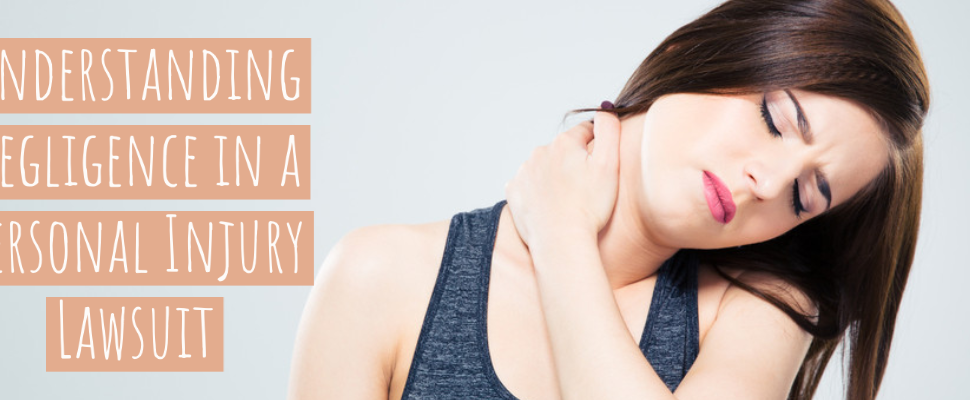
Understanding Negligence in A Personal Injury Lawsuit
Car accidents are among the most common ways in which people suffer catastrophic injuries that require hospitalization and ongoing treatment. A car accident could cause someone to suffer lifelong disabilities that make it impossible to work and greatly reduce the quality of living. When another driver’s negligence causes an accident, the victim can pursue a car accident claim for negligence and other driving offenses against the at-fault driver.
What Is Negligence
Negligence happens when someone does not act reasonably to correct a faulty condition that could cause harm to others. When driving, all motorists have a duty of care which includes obeying traffic laws and signals and operating the vehicle in a manner that is reasonably safe. When a driver ignores the duty of care and causes and accident, negligence becomes an actionable claim.
Negligence when Driving
Negligence also comes into play if the motorist does not properly maintain a vehicle. If the brakes go bad and the driver cannot stop safely, that could lead to a catastrophic injury. The inability to stop safely could cause the negligent motorist to ram into the rear end of another vehicle despite otherwise abiding by all traffic laws. Such negligence is actionable in a state court.
Negligence of Property Owners
Negligence and the duty of care also go for property owners and others who have a duty of care to ensure their properties are reasonably safe. A slip-and-fall accident is a good example of how negligence on the part of a property owner could cause an injurious accident to occur. If a dangerous condition exists and the property owner does not take reasonable steps to correct the problem, they could be liable for damages from a slip-and-fall mishap.
Slips and falls can be far more debilitating than many people think. Serious injuries could make it very costly for accident victims. In 22% of cases, the victim misses about a month of work. That much time away from work in addition to medical costs and other damages could trigger a very strong liability lawsuit against the property owner and any designated property managers.
A store is a good example of a property that could be owned by a business entity that leases the retail space to the store. The store managers and staff control the property, but all parties who own and control that property could be liable for damages in a slip-and-fall.
If you have been involved in a possible negligent act that caused you harm, reach out to use today to receive the proper compensation you deserve.